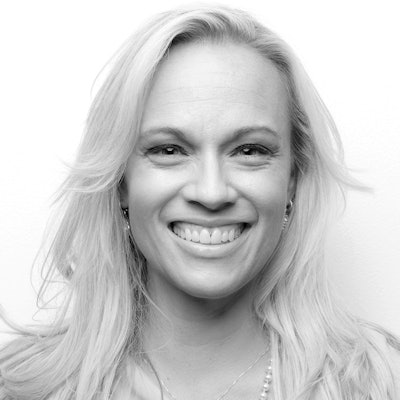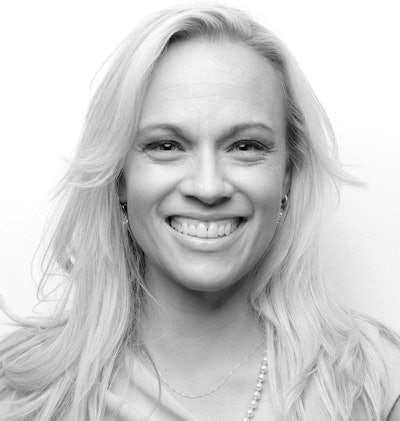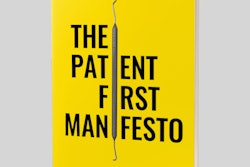
When COVID-19 and social factors affect our lives, we may be conflicted about what we believe and feel unable to find our ground inside and outside of the workplace. As healthcare providers, all aspects of social and emotional awareness connect for career and self-fulfillment. The good news is that there is a reset button: Redefine your success and retrace elements in your subconscious that interfere with your steps forward.
 Kelly Tanner, PhD, RDH.
Kelly Tanner, PhD, RDH.The top challenges in the workplace are related to emotional intelligence (also referred to as EQ). Emotional intelligence and IQ differ in that IQ is a technical skill determined at birth that may get your foot in the door for the job you want. Emotional intelligence will help you have sustainable success. In many ways, we miss how crucial emotional intelligence is in the workspace and individually. Emotional intelligence is the ability to adapt and adjust to other people and gives us the ability to manage ourselves and relationships effectively.
Whatever the setting, to live a fulfilled life, we must connect with others and cope with uncertainty in the dental profession. To connect and empathize with others and their situations, we must be aware of and self-assess our emotional intelligence.
Daniel Goleman defines emotional intelligence as four quadrants, or pillars, with 18 competencies under each quadrant:
- Self-awareness
- Self-management
- Social awareness
- Relationship management
Self-awareness and self-management
The first two pillars, self-awareness and self-management, are the most critical in the process. These areas deal with looking inward to understand: Know thyself. To lead and have successful relationships, we must first develop the first two areas of self-awareness and self-management. These areas help us understand subconscious bias, internal conflict, sense of fulfillment, and how we react to things as a basis for self-management.
Social awareness and relationship management
Pillars three and four, social awareness and relationship management, help us understand ourselves and how we interact with others. These pillars also help us understand how we gather information to take action and make a decision: empathy, leadership, team building -- these are a portion of the last pillars because the "self" must be worked on first.
Retracing triggers and emotions
No matter what degree you have or what type of license you hold, if you don't have the confidence and self-worth to execute on the knowledge, then it all sits on the shelf. How do you retrace the emotions that are keeping you from moving to the next level of success? It's time to take control of our circumstances by retracing and reverse engineering our thoughts.
Neuroscientists have told us that if we have beliefs or ideas that get in our way, we can rewrite the thoughts to be positive and begin to change our behavior around the thoughts. All decisions and actions are based on emotions. Our body reacts to feelings buried in the subconscious (also called a trigger), and we become triggered and don't know the source of the emotion. The neural pathways in the brain can reverse negative emotions and build new habits. Have you ever been sparked by a memory of an event or something that a person did to you that triggers you? Your brain is trying to end the story differently. It's time to discover the root cause of that trigger by reverse-engineering the trigger.
How do I reset?
The first place to begin is within yourself with self-assessment. You can do this by going inside yourself and completing a formal or informal EQ assessment and working with someone who can help you decipher your evaluation. The second step is to do a 360° evaluation of those who work with you to ensure that you eliminate potential blind spots keeping you from reaching your level of success and connection.
Life happens to everyone, but you are in control of your circumstances. You have the power to say this is what happened, and this is how I rise above it. Overcome the challenges and leverage your response to growth. Start with yourself and go inward to identify areas that may affect your self-worth and vulnerability and hold you back from your version of success.
Kelly Tanner, PhD, RDH, is an industry educator and certified executive coach with doctoral education in organizational leadership. She has served in different capacities in dental hygiene, including as an entrepreneur and a researcher, and in academic, corporate, and clinical areas. She has also been active with the American Dental Hygienists' Association at both the state and national levels. Learn more about her at www.NextLevelDentalHygiene.com.
The comments and observations expressed herein do not necessarily reflect the opinions of DrBicuspid.com, nor should they be construed as an endorsement or admonishment of any particular idea, vendor, or organization.




















